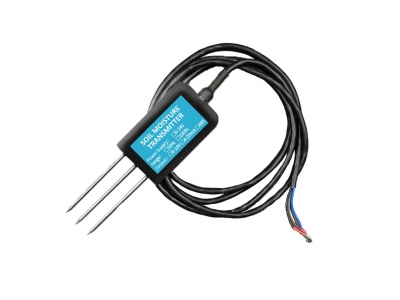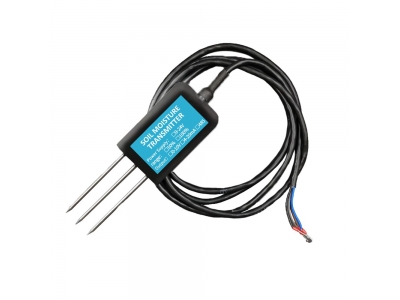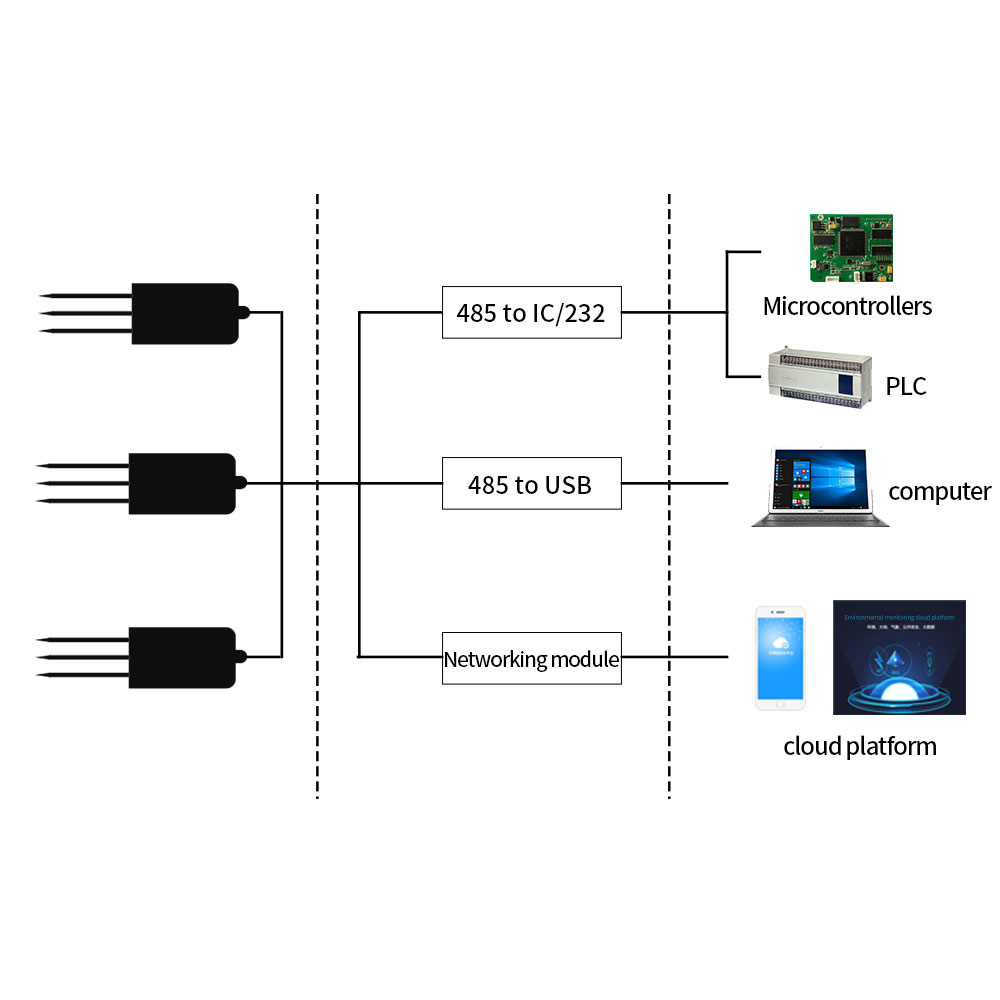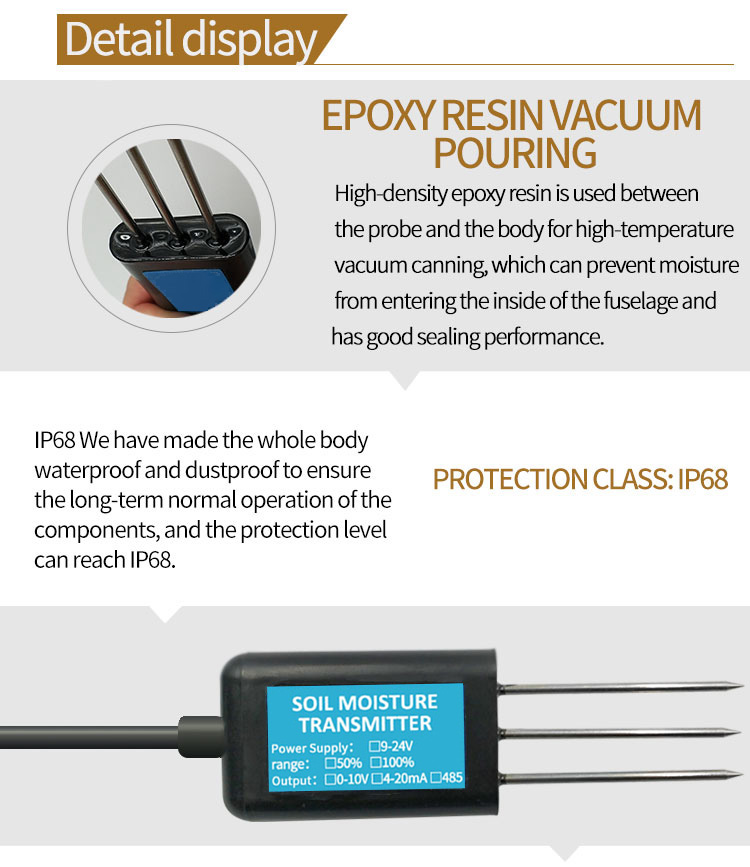
Soil sensors: Types, benefits, and their applications
In this article, we will discuss the different types of soil sensors, their benefits, and their applications.

In this article, we will discuss the different types of soil sensors, their benefits, and their applications.
Soil sensors are becoming increasingly popular in agriculture, environmental monitoring, and other industries that rely on accurate soil data. Soil sensors provide real-time information about the soil's physical and chemical properties, including moisture content, temperature, pH level, and nutrient levels. This data can be used to optimize crop growth, reduce water waste, and prevent soil erosion.
In this article, we will discuss the different types of soil sensors, their benefits, and their applications.

There are several types of soil sensors available, each designed to measure different properties of the soil. Some of the most common types of soil sensors include:
Soil moisture sensors are used to measure the amount of moisture in the soil. This information can help farmers determine when to water their crops and how much water is needed. Soil moisture sensors can be placed at various depths in the soil to provide more accurate readings.
Soil temperature sensors measure the temperature of the soil at various depths. This information can be used to determine the best time to plant crops and to monitor soil temperatures for frost protection.
Soil pH Sensors
Soil pH sensors measure the acidity or alkalinity of the soil. This information can be used to determine the best pH levels for specific crops and to adjust soil pH levels as needed.
Soil Nutrient Sensors
Soil nutrient sensors measure the levels of nutrients in the soil, including nitrogen, phosphorus, and potassium. This information can be used to optimize fertilization and improve crop growth.

Soil sensors offer several benefits, including:
Improved Crop Yield
Soil sensors provide real-time data that can be used to optimize crop growth. By monitoring soil moisture levels, temperature, pH, and nutrient levels, farmers can adjust their irrigation, fertilization, and planting practices to maximize crop yields.
Reduced Water Waste
By using soil moisture sensors, farmers can ensure that they are only watering their crops when necessary. This can help reduce water waste and conserve water resources.
Prevention of Soil Erosion
Soil sensors can help prevent soil erosion by providing data on soil moisture levels. When the soil is too dry, it can become more prone to erosion. By monitoring soil moisture levels, farmers can take steps to prevent erosion, such as planting cover crops or reducing tillage.
Cost Savings
By using soil sensors to optimize crop growth and reduce water waste, farmers can save money on irrigation, fertilization, and other inputs.

Soil sensors have a wide range of applications in agriculture, environmental monitoring, and other industries. Some of the most common applications of soil sensors include:
Agriculture
In agriculture, soil sensors are used to monitor soil moisture, temperature, pH, and nutrient levels. This information can be used to optimize crop growth, reduce water waste, and prevent soil erosion.
Environmental Monitoring
Soil sensors can be used to monitor soil conditions in natural and man-made environments. This information can be used to assess the health of ecosystems, monitor the impact of pollution, and detect environmental changes over time.
Landscaping and Turf Management
Soil sensors can be used to monitor soil moisture levels in landscaping and turf management. This information can be used to optimize irrigation and fertilization practices, reduce water waste, and improve the health of plants and turf.
Construction
Soil sensors can be used in construction to monitor soil conditions during excavation and building. This information can be used to ensure that the soil is stable and can support the weight of the building or infrastructure.